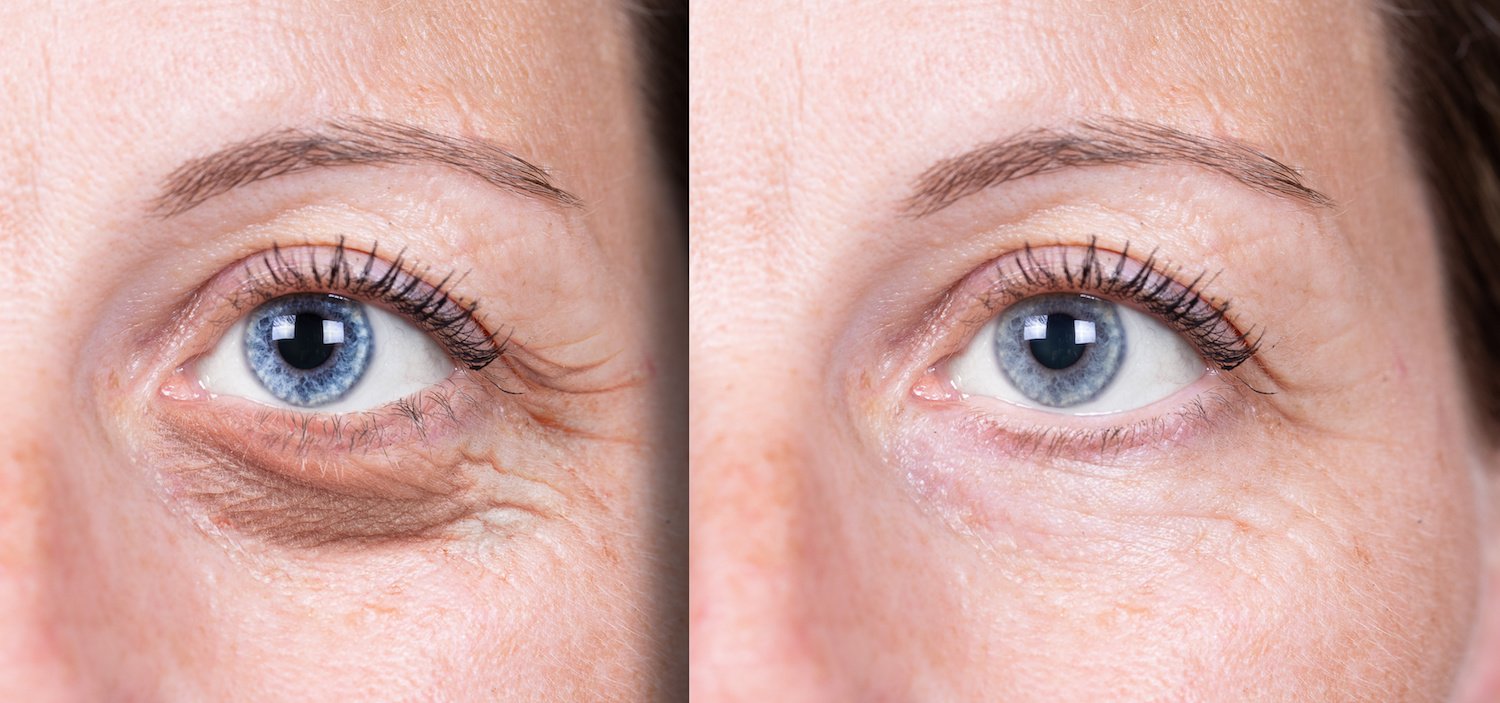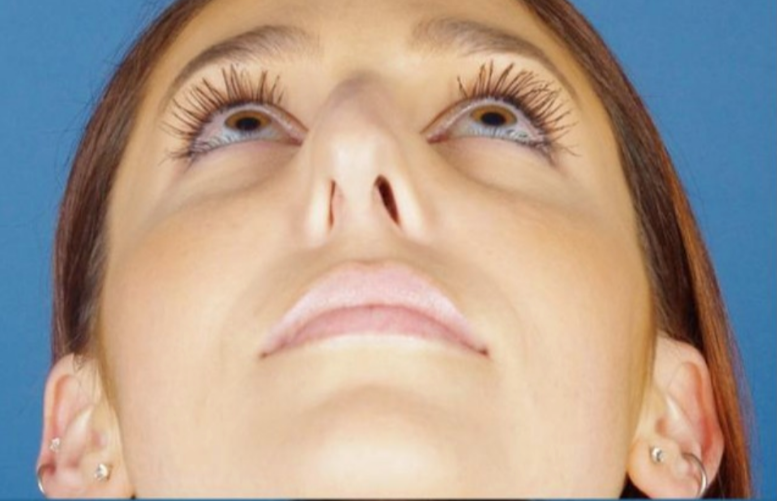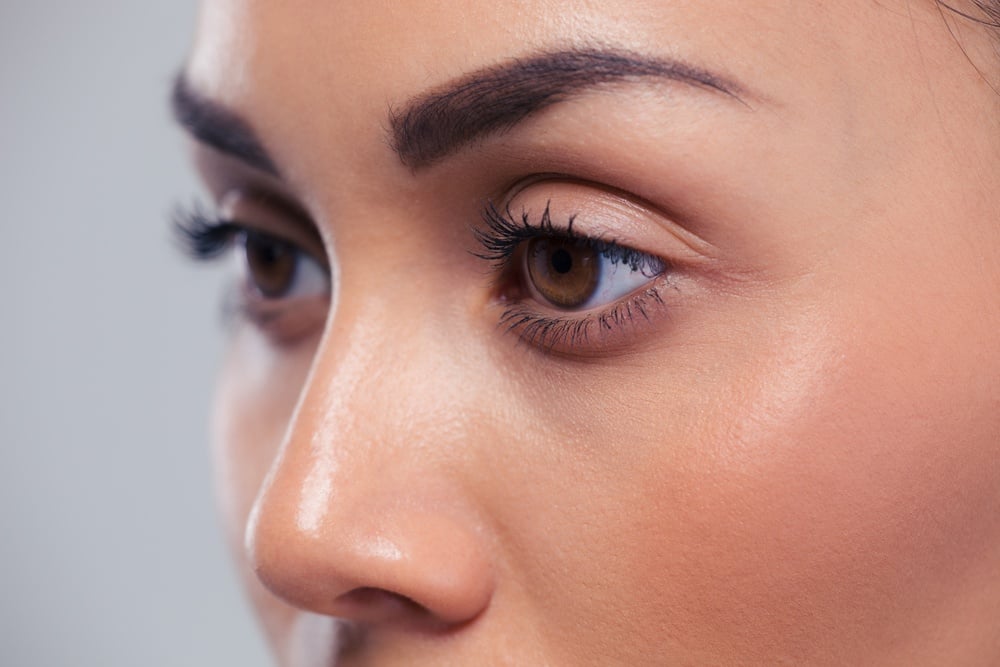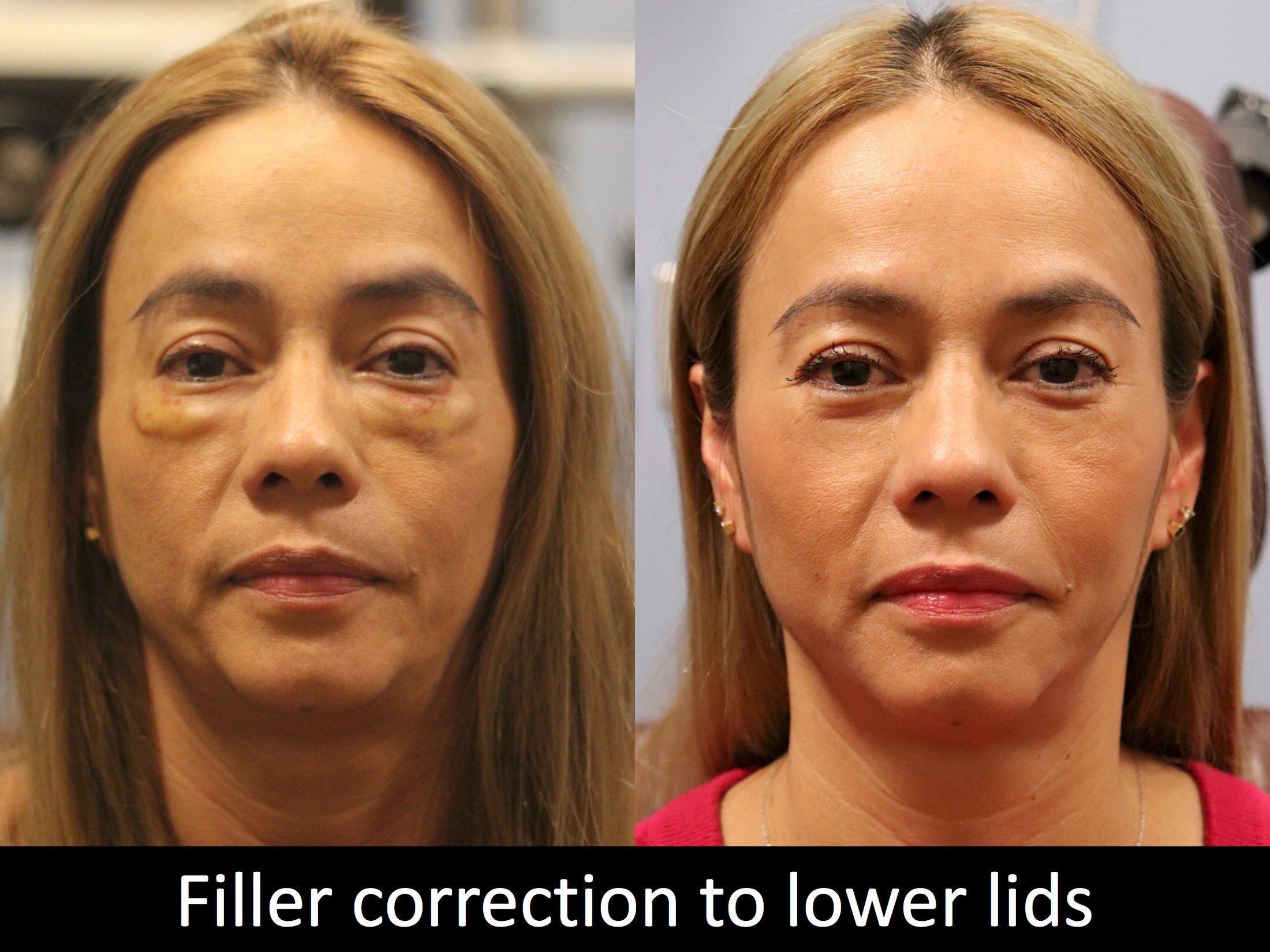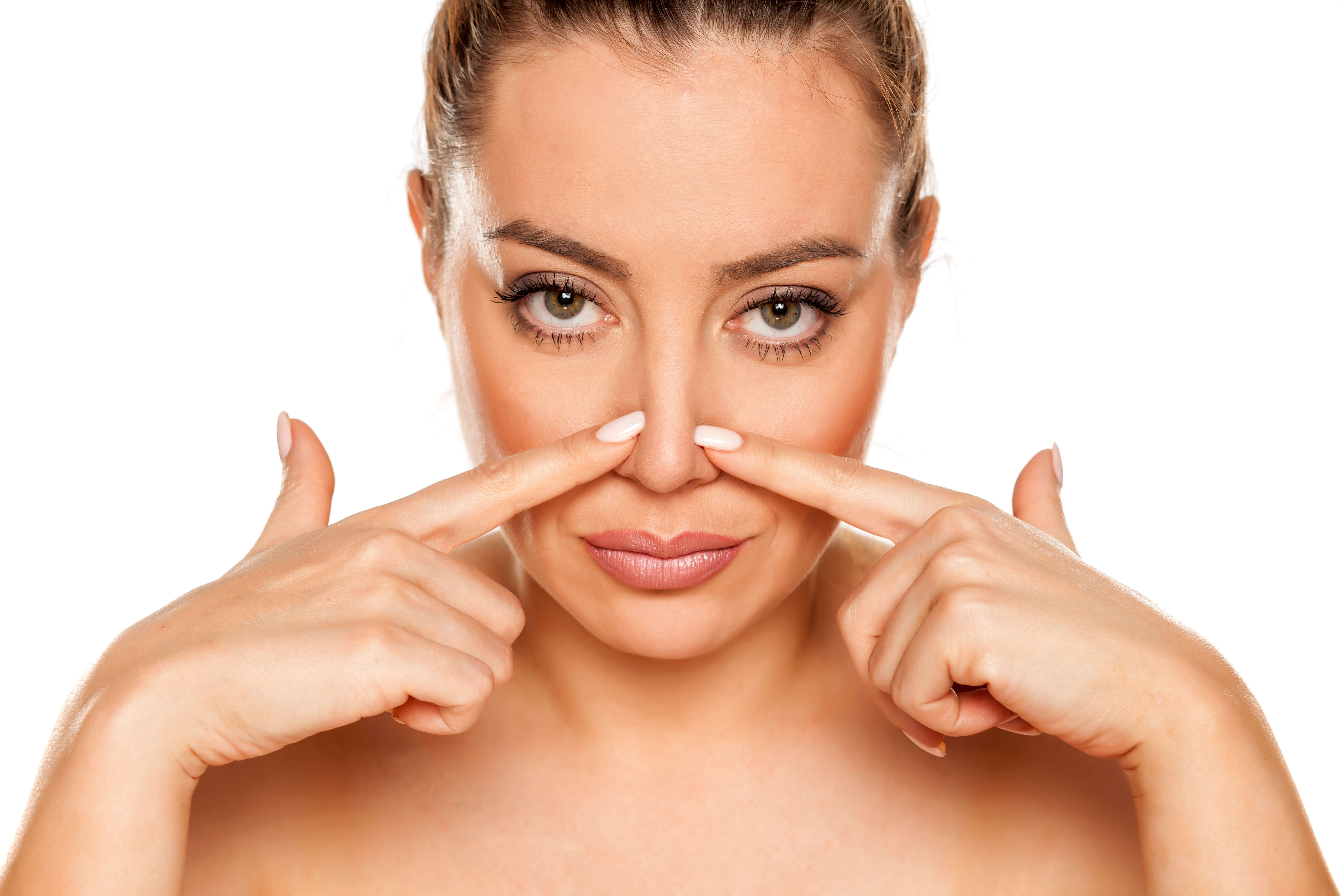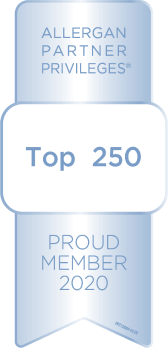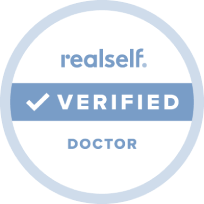The amount of peeling you can expect to experience after a chemical peel depends on the depth of your procedure. Chemical peels can be light, medium or deep-penetrating, so your recovery could take anywhere from a few days to several weeks or longer.
No matter which procedure you and your doctor choose, you will receive detailed instructions for post-treatment skin care. You will cleanse and moisturize your skin, then apply an ointment for protection of your skin while it is healing. You may wish to stay home as you heal, at least initially. You will not be able to use cosmetics for two weeks or so, depending on the type of peel.
Let’s take a closer look at the different procedures and what you can expect in the way of peeling and other after-effects of a chemical peel.
Light Peel
Your doctor or aesthetician will wash your face and may cover your eyes and/or hair. He or she will then gently apply the solution (usually glycolic, TCA or salicylic acid) with a brush, gauze or sponge. Your skin may whiten, and it might sting a little. The solution will remain on your skin briefly, then your doctor or aesthetician will remove the chemicals with a neutralizing solution.
Following the procedure, your skin will be dry and red, and it might feel a bit irritated. Ointment or moisturizer will be applied to your skin, to soothe and protect it. Some patients find the after-effects of a light peel diminish if they receive multiple peels. New, brighter skin will begin to appear in four to seven days, although at first it may be lighter or darker than your normal skin color. That will change as you continue to heal.
Medium Peel
You may be offered a sedative or painkiller prior to this procedure. Your doctor will apply a solution of trichloroacetic acid, perhaps mixed with glycolic acid. The solution will remain on the treatment area for several minutes, causing your skin to whiten. A neutralizer such as water may be applied, and your skin will sting for as long as 20 minutes. During this time, your doctor will apply soothing cool compresses and might give you a fan for additional cooling.
Following the procedure, your skin will be red and swollen. It will feel tight, and it will sting. As with a light peel. Your doctor will apply an ointment to your skin, to protect and soothe it. You can use ice packs to reduce swelling and stinging, or you can use a fan to create a cooling breeze. You may also take over-the-counter pain relievers such as ibuprofen or naproxen sodium.
As your skin begins to heal, the treated area will form a “crust.” It may appear blotchy or darker than your normal skin color. New skin will begin to appear in about five to seven days, although you may see redness for a few months. Your doctor will schedule a follow-up visit soon after your chemical peel, to see how you’re doing.
Deep Peel
For this procedure, your doctor will use some combination of local anesthetic, regional anesthetic and a sedative. You will also receive IV fluids. Lasers have largely replaced chemicals for deep peels and the procedure takes about one hour.
Following the procedure, your treated skin will be covered with a water-tight dressing. Your skin will burn and throb, and it be red and swollen for a few days – your eyes may even swell shut at first. To help reduce discomfort and swelling, your doctor may prescribe painkillers and may recommend sleeping in a semi-reclined position. You’ll start to see new skin in about two weeks. However, you may see white spots or cysts for a period of weeks and lingering redness for several months.
Skin that has been treated with a deep peel may become permanently lighter or darker than your normal skin color, and it may not tan.
Here at Raval Facial Aesthetics and ENT, we offer four different peels and most would be classified as light or medium:
- Microdermabrasion
- Glycolic Peel
- TCA (trichloroacetic acid) Peel
- Mini-Melanage Peel
Want to learn more about chemical peels? Why not schedule a personal consultation?
- Acne
- Botox/Dermal Fillers
- Browlift
- Chemical Peels
- Chin Augmentation
- Consultation
- Denver Facial Plastic Surgeon
- Deviated Septum
- Eyelid Procedures
- Facelifts/Necklifts
- Headaches/Excessive Sweating
- Healthy Living
- Laser Hair Removal
- Laser Treatments
- Latisse
- MedSpa
- Memberships
- Microdermabrasion
- Nasal Valve Collapse
- Non-Surgical Procedures
- Rhinoplasty
- Skin Care
- Thread Lifts
- Wrinkle Treatments



